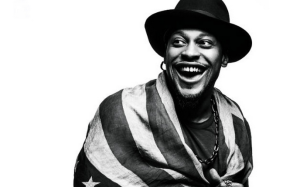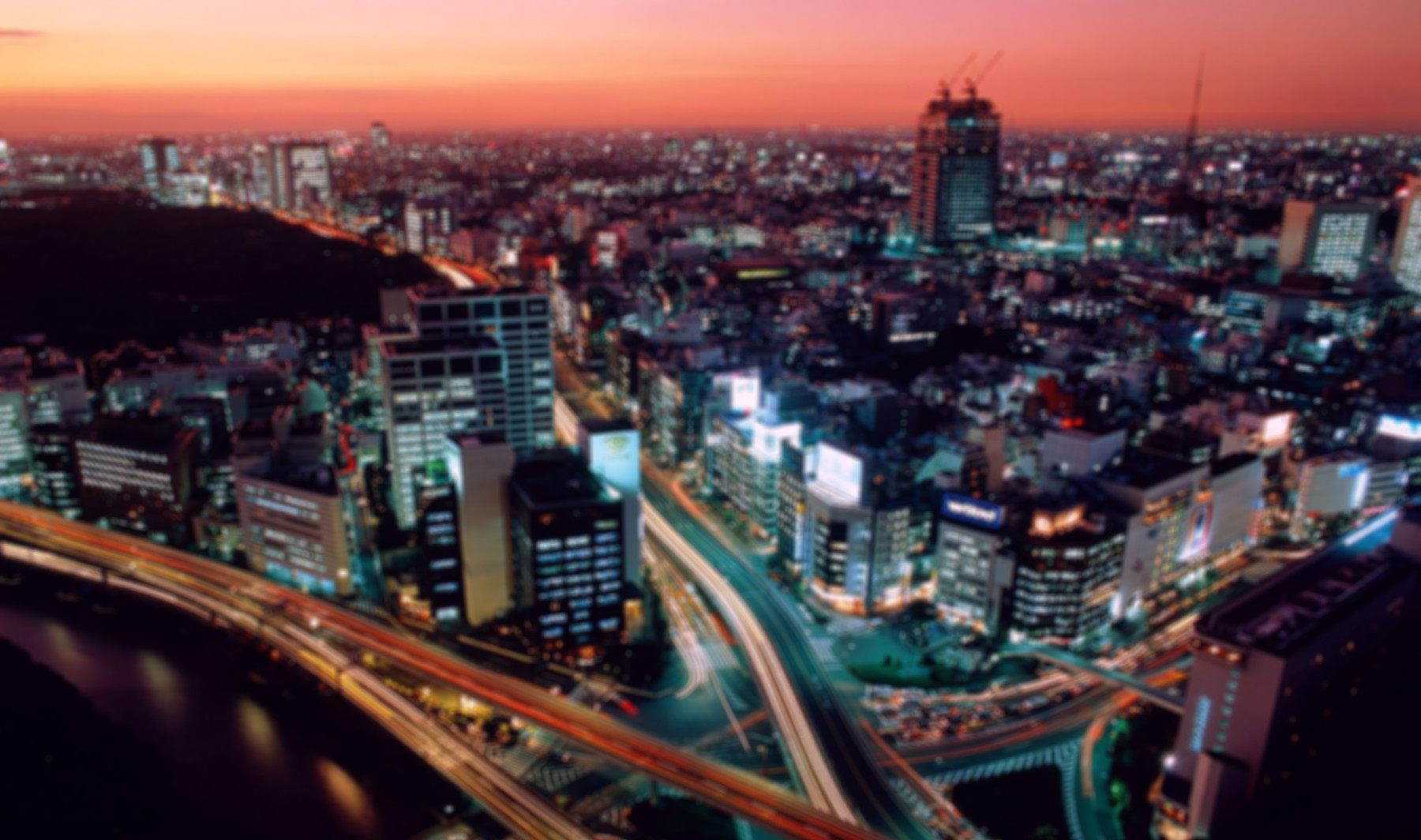
After a 14-year wait, D’Angelo returns with a near-flawless “Black Messiah” giving everyone a reason to smile.
by Shimbo
And just like that, 14 years of virtual silence ended in a cacophony of chaos; then the beat came and everything was exactly as hoped.
So began “Ain’t That Easy”, the first cut from Black Messiah, the long, long awaited full-length album from R&B prodigy D’Angelo.
Now the problem that instantly arises when waiting for new music from a performer who’s only released two other albums in two decades (1995’s Brown Sugar and 2000’s Voodoo) is trying to judge the new music on its own merits without letting sentimental nostalgia creep in to taint the experience. In a sense, after the immediate joy that came after finding out that the day so many have waited for finally arrived, there followed a slight sense of dread that maybe 14 years was too long, that time and circumstance had diminished one of R&B’s brightest lights.
Fool, please.
As a modern-day masterpiece, Voodoo set a high enough bar, with classic tracks like “Untitled (How Does It Feel)”, the song that propelled D’Angelo into rockstar sex-symbol glory (a position he never much cared for, and part of what could explain the 14-year absence). To follow up an album that wildly pleased even the sternest of critics to heights of hyperbole, like Robert Christgau, who said in 2000, “He was R&B Jesus, and I’m a believer,” would be a tall order at best.
Anyone who looks at Black Messiah as a follow-up to Voodoo would be mistaken. Instead of building on what came before, D’Angelo (with an all-star cast of session musicians and producers, like longtime friend and collaborator Questlove, who as a collective share top billing as “The Vanguard”) stripped down to bare bones, building something both different and wildly sublime.
If Voodoo was an epic torchsong of powerful lovemaking, Black Messiah is a celebration of love itself. A proud, at times defiant, but ultimately rewarding roadmap to a place we may have been to before, but from a different path, each of the 12 songs represents a myriad of emotions, none of which include nostalgia, because while the sound feels familiar, we’re presented with something truly brand new.
Probably the most remarkable or rather reassuring aspect of the album is just how relaxed yet potent D’Angelo sounds. Within the first few bars of “Ain’t That Easy”, it’s hard to tell any time had passed at all. It’s also here that he lets listeners know the music and arrangement will be the true stars of the show.
Next, “1000 Deaths”, a track that was initially leaked in an unfinished form back in 2010, does an about face and delivers what might be his most forceful track. Opening with an excerpt of a speech from Nation of Islam leader Louis Farrakhan, followed by an insistent bass and drum that gives way to a sharp staccato from his keyboard the song is a clear line in the sand, serving as a timely soundtrack for the protests in Ferguson, MO and around the country.
“The Charade” features a punchy, choral aura that serves as an enjoyable piece of above average filler that leads us to “Sugah Daddy” a playful piece that evokes memories of Prince’s Lovesexy.
We finally get back to red meat with “Really Love”, the first single from Black Messiah, a soulful piece replete with Spanish guitars and an ephemeral beat that takes listeners as close to “Untitled” territory as possible, yet with a significantly lighter touch.
The first half of the album closes with “Back To the Future (Part I)”, a funky and entirely catchy track that serves as the heart of the album, with a lyrical hook that expresses D’Angelo’s desire to “go back to the way it was”, which he manages to do as the song seems to draw in the best from both Brown Sugar and Voodoo, playfully chiding listeners while taking a shot at the fame that his classic video for “Untitled” brought him when he says, “So if you’re wondering about the shape I’m in, I hope it ain’t my abdomen that you’re referring to.”
The soulful stream of consciousness continues with “Till It’s Done (Tutu)”, a song that on its own is slightly bland as compared to what came before, but as part of the whole, does not let the listener down. It’s best considered as a simple interlude, allowing the listener to regain their bearings through “Prayer”, another middling track, but remarkable on its own for its acrobatic sound and funky guitar which feels like a descendant of the days of Parliament.
“Betray My Heart” is a stripped down yet solid acid jazz piece that pushes D’Angelo’s voice back to the fore with minimal intrusion from the horns and keyboards. “The Door” is a more laidback effort, but still manages to catch the listener tapping their feet along to the simple, yet effective beat.
Now into the homestretch, “Back To the Future (Part II)” is a reprise of the bridge from Part I, and serves as an appetizer to the final track and jewel of Black Messiah, “Another Life”. Certainly saving the best for last, “Another Life” manages to feel like an entire R&B opera over the course of six short minutes. The chorus itself feels heaven sent, and all the other pieces manage to fit in just right to give listeners a full meal and dessert in just one song, making it the sumptuous cherry on top of what is an extremely successful album.
The bottom line is Black Messiah, while not the magnum opus Voodoo turned out to be, stands on its own as a damn good effort that not only welcomes back a performer to the spotlight who’s been away for far too long, but also gives ua essential music that we all need in these most essential of times.
Luckily for listeners, we won’t have to wait another 14 years for more D’Angelo, as it’s reported that he recorded as many as 50 songs for this album, so with the 12 we have, we can look forward to 38 more in one form or another. Maybe they’re great, maybe they’re not, but they’re his and we can only hope that one day they’ll be ours.
In the meantime, play Black Messiah as often and as loudly as possible. This is the type of homecoming that we can only hope lasts far into the future.
Hashim R. Hathaway (Uncle Shimbo) is the host of the Never Daunted Radio Network, and proud father to NeverDaunted.Net. You can reach him on Twitter @NeverDauntedNet
